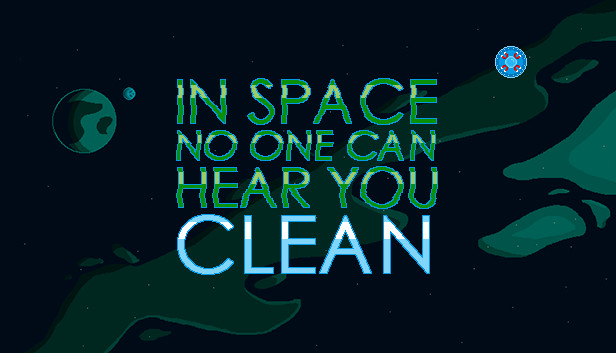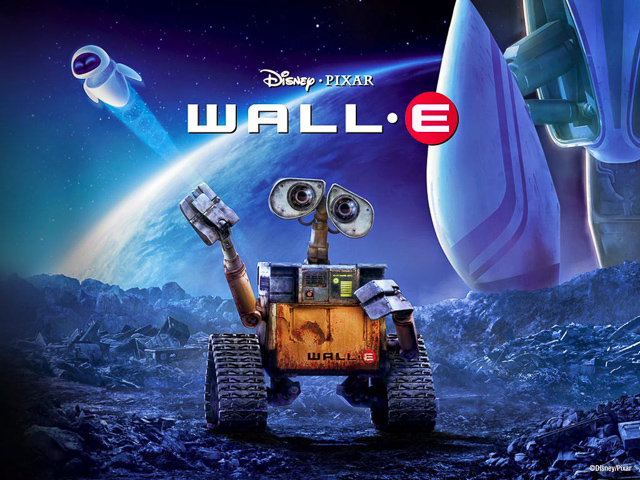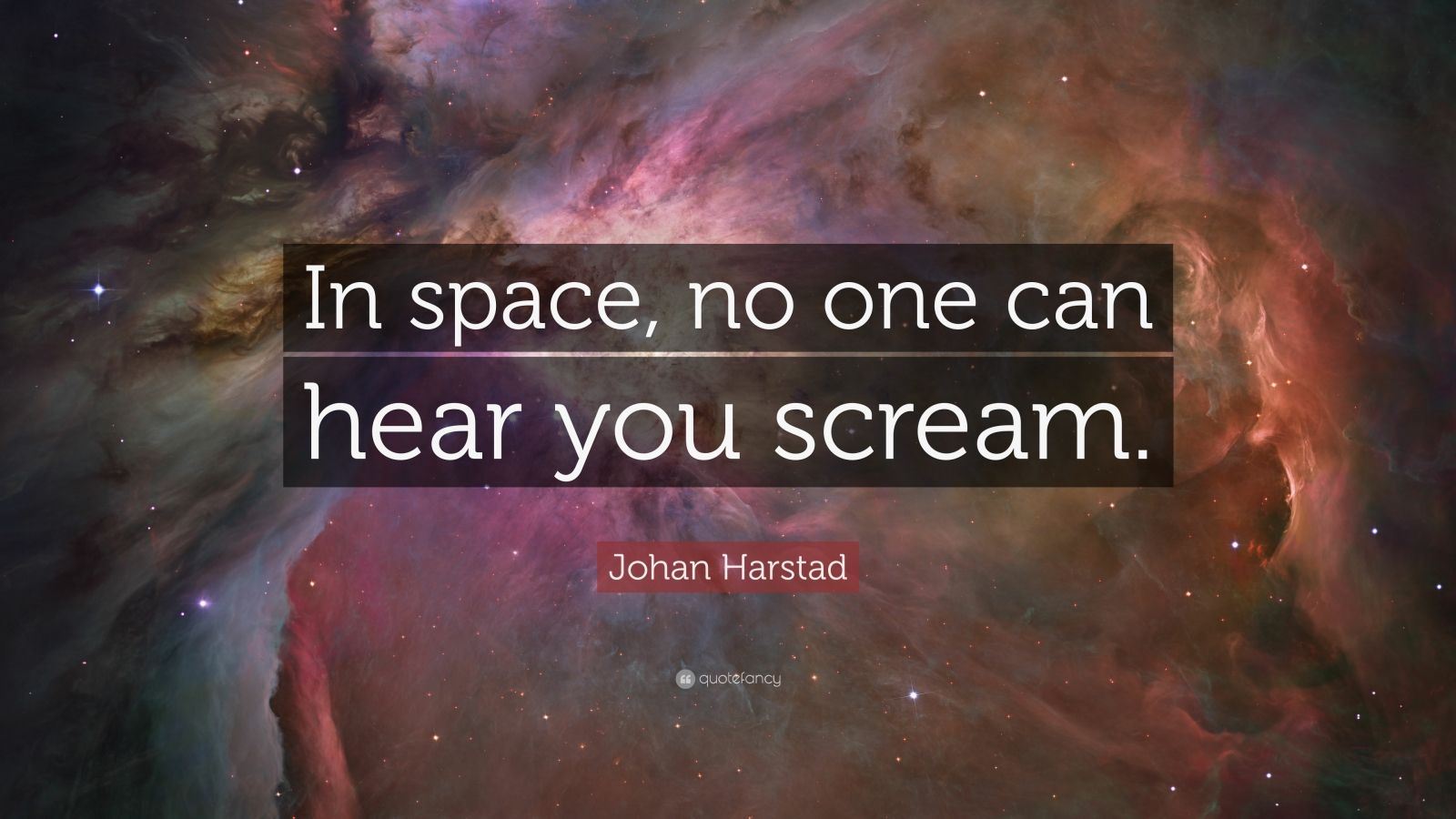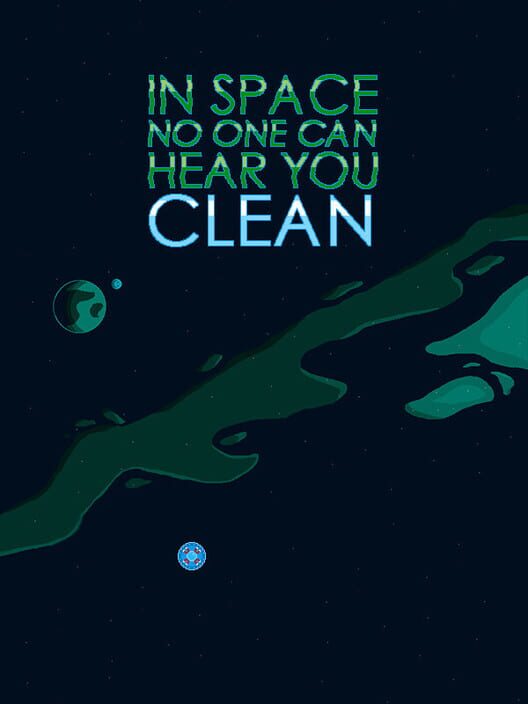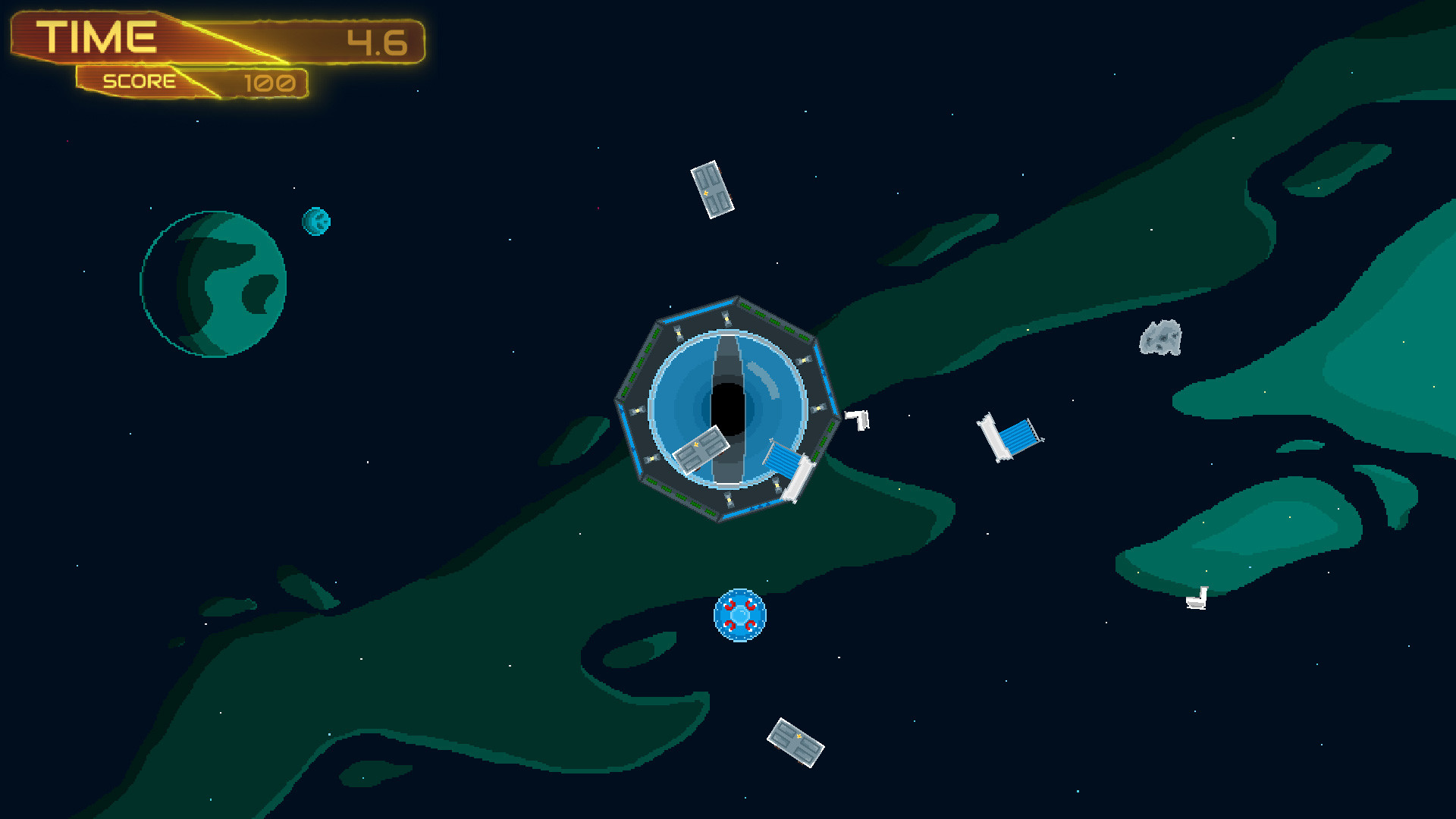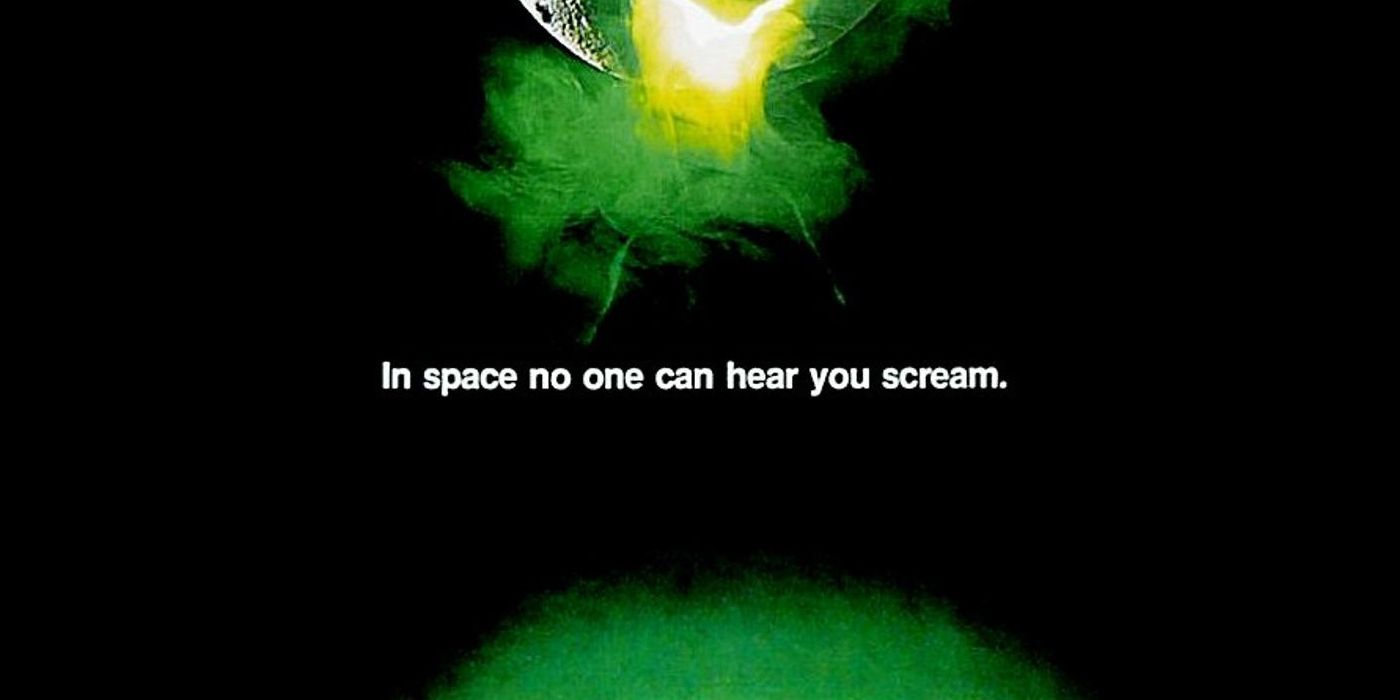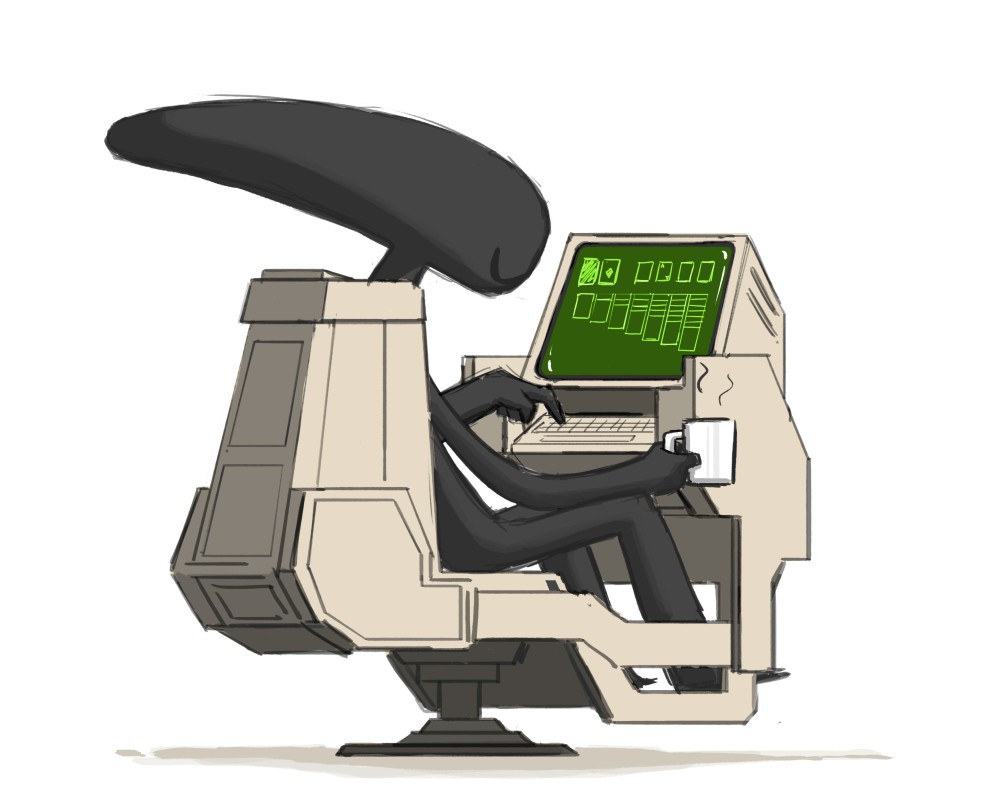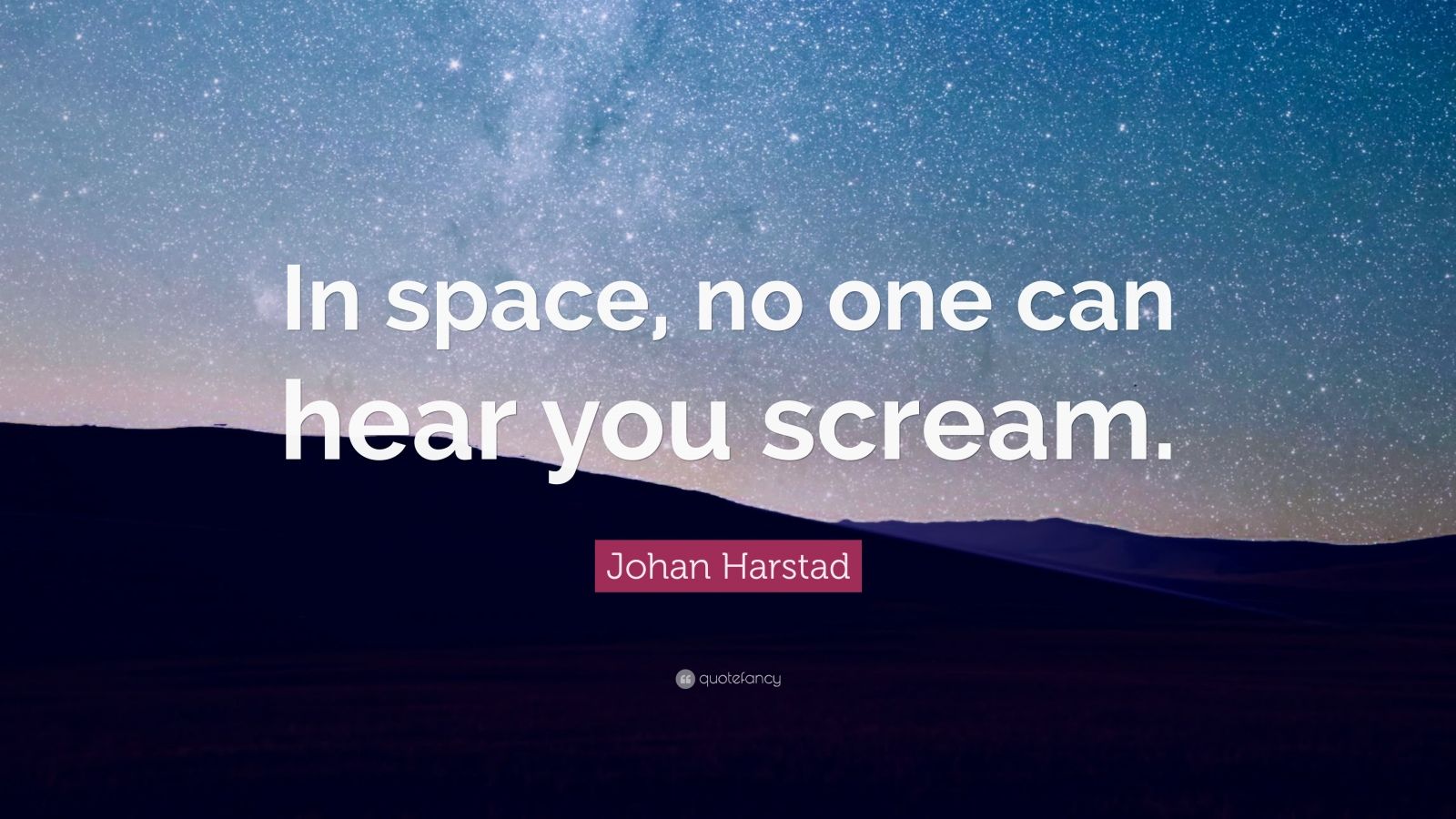In Space No One Can Hear You Clean

Space. The final frontier. But also, apparently, the final frontier of housekeeping.
Cosmic Dust Bunnies: A Real Problem
You might think floating in zero gravity means everything stays sparkling clean. Think again! Turns out, space stations get incredibly dirty, and cleaning them is a unique challenge.
The Zero-G Dirt Devil
Imagine trying to vacuum when the dust just floats away. That's the reality facing astronauts on the International Space Station (ISS). Ordinary vacuums don’t work well without gravity to suck things down.
Instead, they use special high-efficiency particulate air (HEPA) filter vacuums with hoses and attachments. It’s a bit like playing whack-a-mole with floating crumbs.
Space Laundry: A Stinky Situation
Packing light is essential for space travel. This leads to a rather pungent problem: laundry! Astronauts don't have washing machines in space.
Instead, they wear clothes until they're too dirty, then they dispose of them. The used garments are packed into resupply ships that burn up in the Earth's atmosphere during re-entry - literally incinerating the cosmic laundry.
"You just wear it, wear it, wear it, and you wring it out, and you wear it some more, and eventually, you go, ‘Okay, that’s pretty bad,’ and you throw it away." - Astronaut Clayton Anderson on space laundry.
The Sweat Factor
Exercise is crucial for astronauts to combat bone and muscle loss in zero gravity. This means lots of sweat, and no easy way to wash it off.
They rely heavily on sponge baths and waterless shampoos. Imagine trying to feel fresh after a workout with just a damp cloth!
Germ Warfare in Orbit
Confined spaces breed germs, and the ISS is no exception. Microbes thrive in the recycled air and surfaces.
Astronauts regularly wipe down surfaces with antibacterial wipes. They also use air purifiers to keep the air breathable and relatively germ-free.
The Superbug Threat
Some studies have shown that microbes in space can become more resistant to antibiotics. This raises concerns about the potential for superbugs to evolve during long-duration missions.
Scientists are constantly studying the microbial environment of the ISS. They want to understand how to mitigate the risks of space-adapted pathogens.
Emergency Cleanups: The Vomit Comet
Let's not forget the less glamorous aspects of space travel, like space sickness. Imagine dealing with a sudden bout of nausea in zero gravity!
The "vomit comet" nickname comes from the effects on people unaccustomed to the environment. Quick cleaning protocols are essential to prevent the mess from spreading.
The Importance of Hygiene
Maintaining a clean environment in space is more than just about comfort. It's critical for the health and well-being of the crew.
A clean space station helps to prevent the spread of infections and ensures the longevity of equipment. So, next time you're vacuuming, spare a thought for the astronauts battling cosmic dust bunnies light years away.
It's not glamorous, but space cleaning is a vital part of space exploration, proving that even in the vastness of the universe, a little bit of elbow grease goes a long way.

